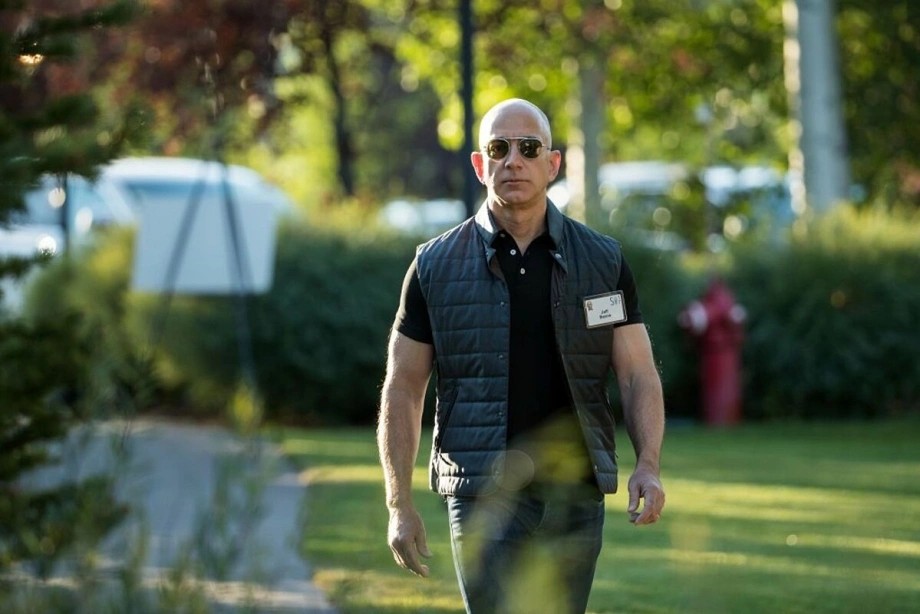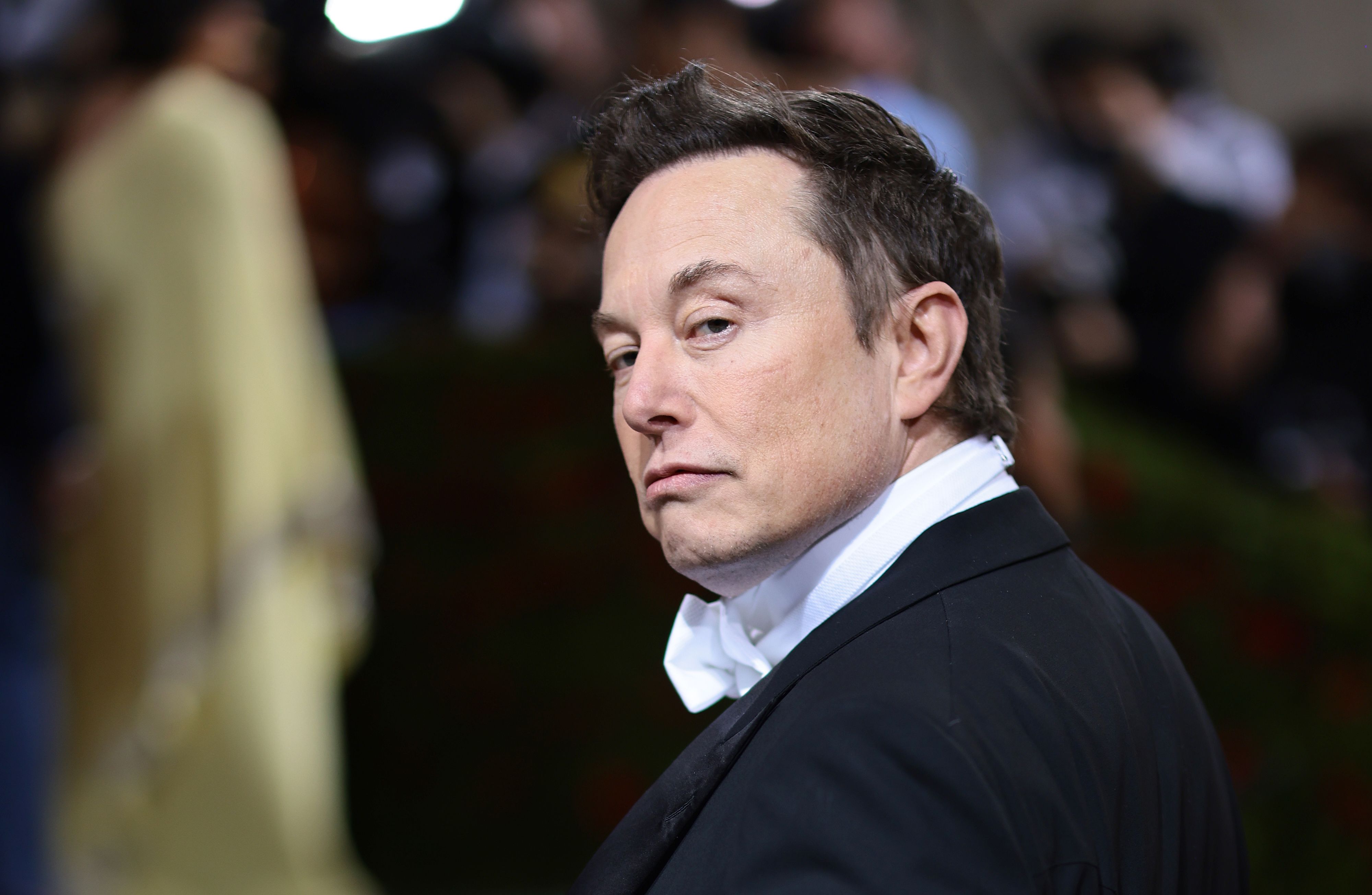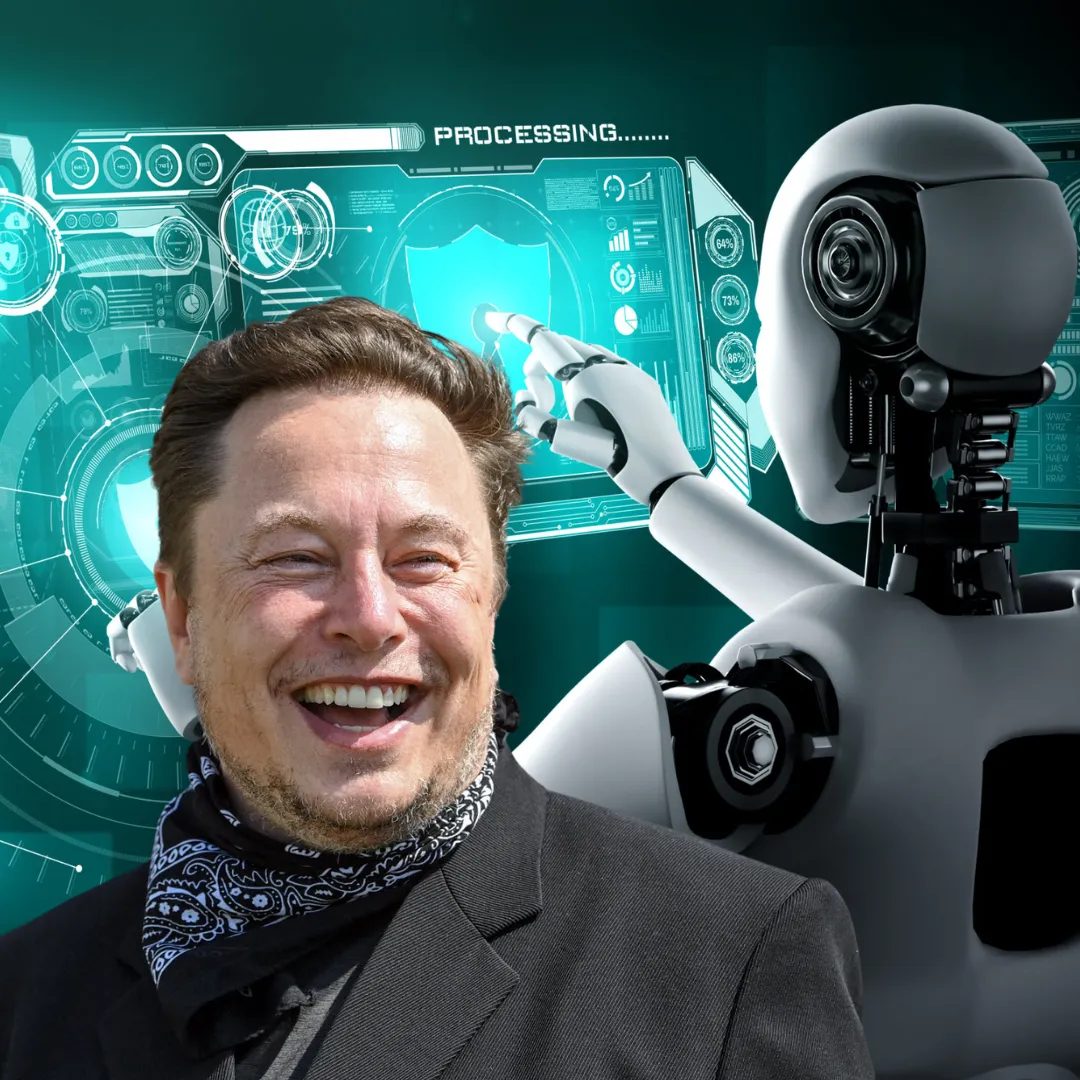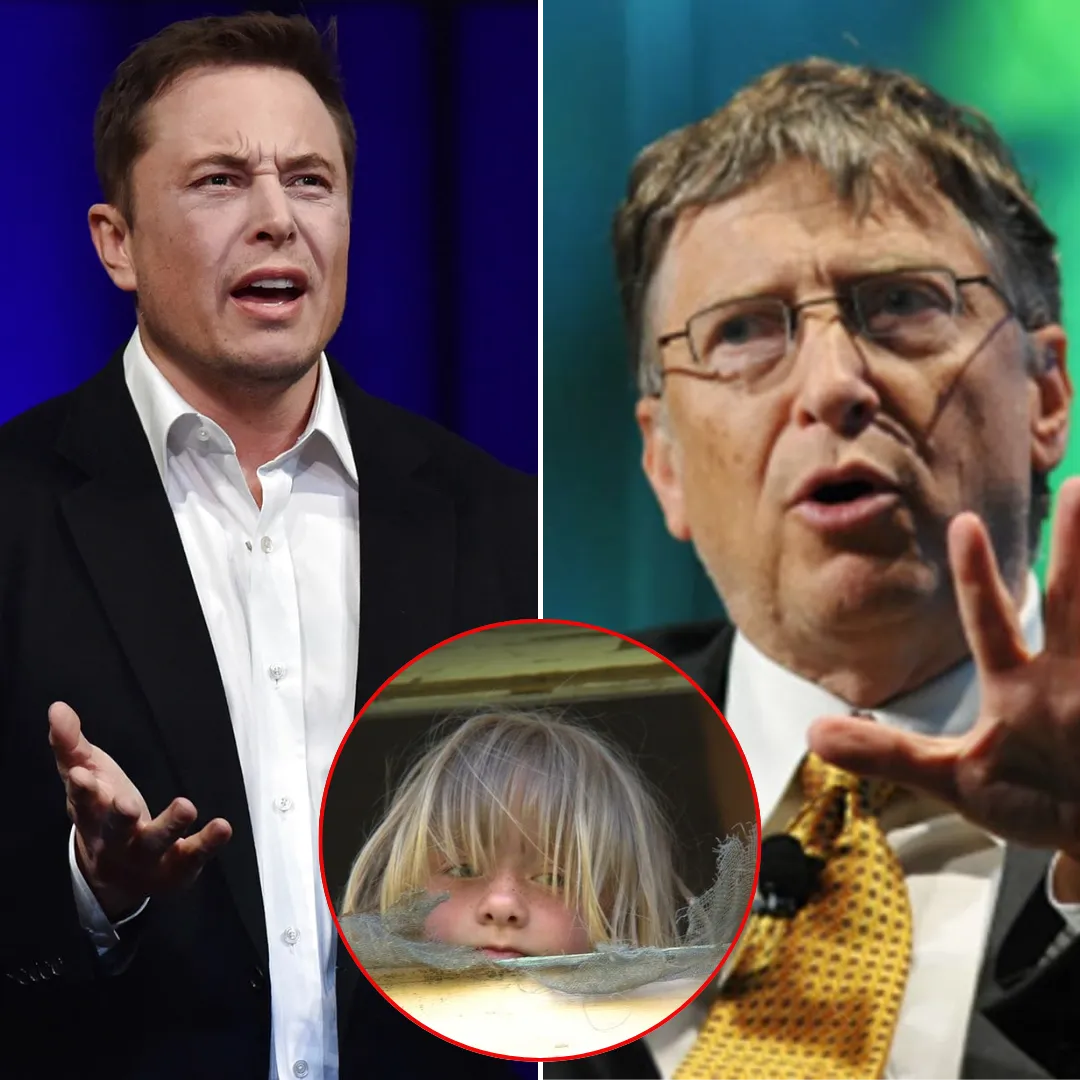
It started in the stars, but now it’s personal. A duel that began with rockets has now engulfed electric trucks, satellite constellations, and the very soul of Silicon Valley’s techno-utopia.
Elon Musk and Jeff Bezos, the titans of tech, are locked in a high-stakes feud so sprawling it’s no longer just a rivalry—it’s a reality show masquerading as the future of humanity.
And while they aim for the Moon, the rest of us are left watching from Earth with popcorn in hand, wondering if this ends in interstellar glory or a billionaire fistfight on a Martian sand dune.
Truck Wars: A Tale of Two Pickups
In one corner, we have Elon Musk’s Cybertruck, an angular beast that looks like it was designed by a 9-year-old with a ruler and a dream. Bulletproof glass, stainless steel skin, and enough hype to power a small city.
Tesla’s gamble on a truck that defies every design convention has already started to pay off, with nearly 39,000 Cybertrucks sold in 2024. Musk, ever the showman, declared it Tesla’s “best product ever,” because of course he did.
In the other corner stands Slate Auto, the Bezos-backed entrant into the EV arena. Its product? A two-seater electric pickup truck with crank windows, HVAC knobs, and a price tag under $20,000.

It's not trying to look futuristic—it’s trying to look like a Sears catalog from 1985.
For Bezos, the Slate truck isn’t about breaking design molds. It’s about conquering the low-cost market with military precision. Simple, affordable, and customizable, it's the truck equivalent of a white-noise machine: unobtrusive, utilitarian, and oddly comforting.
And yet, you can’t help but feel that one of these trucks is meant for colonizing Mars, while the other is meant for hauling mulch in a suburban cul-de-sac.
Slate vs Steel: Who’s Really Behind the Wheel?
Slate Auto isn’t just a Bezos toy. It grew from Re:Build Manufacturing, a firm engineered by former Amazon exec Jeff Wilke—one of the few people who knows how to replicate Amazon’s ruthless logistics dominance in the physical world.
With $111 million in Series A funding and the quiet guidance of Bezos’ family office, Slate is poised to disrupt the EV market not through glamor, but through volume.
While Musk tweets his way into headlines, Bezos operates through proxies and portfolios, stacking bricks on his industrial empire like a Bond villain building a volcano lair—except his lair is probably in Arlington and staffed by MIT grads.
Satellite Skirmishes: Who Rules the Sky?
The war between Starlink and Project Kuiper isn’t just a battle of broadband. It’s a clash of philosophies.
Elon Musk wants to connect the world through a swarm of satellites, each one whispering Wi-Fi into deserts, mountains, and post-apocalyptic safe houses. With thousands already in orbit, Starlink isn’t just a product—it’s infrastructure for a civilization Musk hasn’t even built yet.

Bezos, on the other hand, is still in the launch phase. Project Kuiper is Amazon’s attempt to replicate its Earth-based dominance in the skies. Over 3,200 satellites are planned. The first few are already spinning above us, carried by rockets that look more like flying utility vans than space stallions.
Amazon’s pitch? Bring the internet to places where the grid hasn’t reached. But unlike Starlink, which just shows up in a briefcase, Kuiper feels like it's still filing paperwork with the HOA.
The race here is less about innovation and more about speed. Musk moves like a gambler on a hot streak. Bezos moves like a general planning a 10-year war.
Rockets, Rockets Everywhere
Let’s talk about the toys that matter most to these billionaires: the rockets.
SpaceX’s Falcon 9 is practically a commuter bus for satellites at this point. And Starship—Musk’s stainless steel monster—is being groomed for missions to the Moon, Mars, and possibly Alpha Centauri if Elon gets bored.
Blue Origin’s New Shepard has been more cautious, more curated. Yes, it took Katy Perry and Gayle King to the edge of space, which sounds like the plot of a Bravo spinoff. But its real ambitions lie with New Glenn, a two-stage behemoth built to haul serious cargo into orbit.
The irony? While SpaceX routinely lands its rockets with sci-fi flair, Blue Origin still looks like it’s in rehearsal for opening night.

NASA, bless its bureaucratic soul, is hedging its bets by awarding contracts to both. But if you had to bet your last taxpayer dollar, you’d probably stick with the guy who’s already sending people to the ISS.
The Cult of Personality
Musk is chaos incarnate. He tweets memes at midnight, trashes regulators in public, and sells flamethrowers for laughs. He’s the Steve Jobs of spectacle—equal parts genius and madman.
Bezos, meanwhile, has spent the last five years sculpting himself into Lex Luthor. Shaved head, yacht fleet, new girlfriend, a space program named after Genesis.
Where Musk plays the part of a disruptive messiah, Bezos casts himself as the architect of a post-Earth economy.
Their personal brands are as divergent as their products. Musk rallies retail investors with crypto jargon and techno-optimism. Bezos just keeps acquiring, hiring, and expanding—like a chess computer playing a 40-move endgame.
Martian Ambitions and Moon Real Estate
Make no mistake—both men want off this planet.
Musk talks openly about terraforming Mars and building self-sustaining colonies. His message is apocalyptic optimism: Earth is doomed, but don’t worry, we’ll get a second chance 140 million miles away.
Bezos is less dramatic but equally ambitious. His plan is to move heavy industry off-planet and keep Earth as a nature preserve—like a galactic suburb for retired billionaires.
They’re both building rockets not just to explore space, but to own it.
And as NASA, ESA, and China gear up for the next great space age, it’s clear that Musk and Bezos intend to be more than passengers. They want to be landlords.
Crank Windows and Champagne Rockets: A Metaphor for the Modern Age
The symbolism here is irresistible. Musk sells us stainless steel dreams and rocket rides to Mars. Bezos sells us crank windows and low-orbit leisure flights with celebrities. One envisions a sci-fi frontier. The other monetizes nostalgia.
The Slate EV with its manual dials feels like a low-key rejection of Silicon Valley excess. It’s as if Bezos is saying: “You want basic? I’ll give you basic—and I’ll still win.” It’s the ultimate flex. Musk goes loud. Bezos goes low.

2025 and Beyond: Who Will Blink First?
Musk’s empire is built on audacity. But it teeters on a thousand moving parts: investor confidence, regulatory goodwill, and a cult of personality that could sour overnight. Bezos plays the long game. His wins are quieter, slower—but perhaps more sustainable.
As the EV war heats up and satellites crowd the sky, both billionaires are dragging us into a future we didn’t vote on. There’s no referee, no roadmap, and certainly no brakes.
Final Word: Ego in Orbit
This isn’t just a rivalry. It’s an epic clash of worldviews, business models, and personalities so large they’ve eclipsed the institutions that once led the charge.
Elon Musk and Jeff Bezos aren’t fighting for dominance. They’re fighting for legacy. And while the rest of us drive around in their trucks and scroll through their satellites, they’re up there—watching, building, planning the next launch. May the richest man win.

-1742982320-q80.webp)

